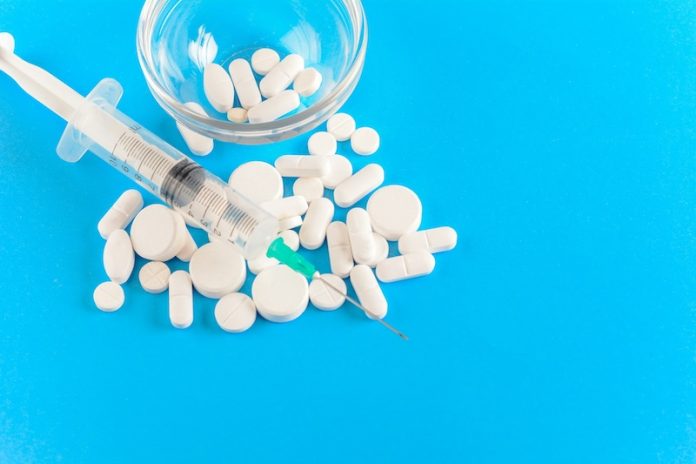
Strokes are one of the most serious health concerns for older adults, often leading to long-term disability or even death. They happen when blood flow to the brain is interrupted, either by a clot (ischemic stroke) or bleeding (hemorrhagic stroke).
The good news is that certain medications can greatly reduce the risk of strokes, especially in seniors who may have higher risk factors like high blood pressure, diabetes, or a history of heart disease. Understanding these medications and how they work can help seniors take proactive steps to protect their health.
One of the most commonly used types of medication to prevent strokes is blood thinners. These medications reduce the risk of clots forming in the blood vessels, which can block blood flow to the brain. There are two main types of blood thinners: antiplatelets and anticoagulants.
Antiplatelets, such as aspirin and clopidogrel, work by preventing platelets (tiny blood cells) from sticking together and forming clots.
A large study published in the New England Journal of Medicinefound that low-dose aspirin reduces the risk of a first stroke by about 20% in people with high cardiovascular risk. Clopidogrel is often prescribed for those who can’t tolerate aspirin or need stronger protection.
Anticoagulants, such as warfarin and newer drugs like apixaban and rivaroxaban, work differently. They target proteins in the blood that are involved in clotting, making it harder for clots to form.
These medications are particularly effective for people with atrial fibrillation (AFib), a common heart condition in seniors that significantly increases the risk of stroke. Research in the Journal of the American Medical Association shows that anticoagulants can reduce the risk of stroke by up to 60% in people with AFib.
Blood pressure medications are another critical tool in stroke prevention. High blood pressure, or hypertension, is the leading cause of strokes. Over time, high blood pressure damages blood vessels, making them more likely to rupture or become blocked.
Medications like ACE inhibitors, beta-blockers, calcium channel blockers, and diuretics are commonly prescribed to lower blood pressure. A long-term study in The Lancet demonstrated that reducing systolic blood pressure by just 10 mmHg can lower the risk of stroke by 30%.
Cholesterol-lowering drugs, such as statins, also play an important role in stroke prevention. High cholesterol can lead to the buildup of fatty deposits in blood vessels, narrowing them and increasing the risk of clots.
Statins like atorvastatin and rosuvastatin help reduce these deposits and stabilize blood vessels, lowering stroke risk. According to a meta-analysis in the British Medical Journal, statins can reduce the risk of ischemic stroke by about 25%, particularly in people with a history of heart disease or diabetes.
For seniors with diabetes, managing blood sugar levels is crucial to reducing stroke risk. Medications like metformin and insulin help keep blood sugar under control, reducing damage to blood vessels. While these medications don’t directly prevent strokes, they lower the overall risk by addressing a key underlying cause.
It’s important to note that stroke prevention often requires a combination of medications, lifestyle changes, and regular medical check-ups.
Medications work best when combined with healthy habits like eating a balanced diet, staying physically active, not smoking, and limiting alcohol. Regular check-ups allow doctors to monitor blood pressure, cholesterol, and other risk factors, ensuring medications are working effectively.
However, medications can have side effects, and not everyone will respond the same way. For example, blood thinners increase the risk of bleeding, so it’s essential to use them under a doctor’s supervision.
Seniors should always discuss their options with their healthcare provider to find the best combination of treatments for their individual needs.
In conclusion, medications like blood thinners, blood pressure drugs, cholesterol-lowering agents, and diabetes treatments are powerful tools for preventing strokes in seniors.
Combined with a healthy lifestyle and regular medical care, they can greatly reduce the risk of a life-threatening event. Taking an active role in stroke prevention can help seniors live longer, healthier lives.
If you care about stroke, please read studies that diets high in flavonoids could help reduce stroke risk, and MIND diet could slow down cognitive decline after stroke.
For more health information, please see recent studies about antioxidants that could help reduce the risk of dementia, and tea and coffee may help lower your risk of stroke, dementia.
Copyright © 2025 Knowridge Science Report. All rights reserved.



